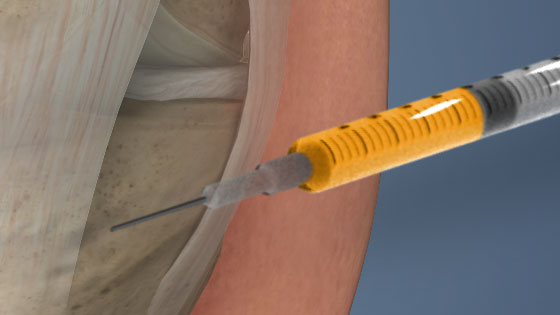May 31st, 2023
Why it’s Okay to Get a Second Opinion

Roughly 36% of patients seek a second opinion, though the exact numbers vary based on the type of provider someone is looking for[1]. Getting a second opinion is as simple as seeking advice from a doctor, surgeon, or therapist other than the provider who is currently treating you. Studies show that, after a second opinion, 15% of patients got a different diagnosis and 37% of patients received different treatment[1]. In addition, 11% of patients had a different diagnosis and different treatment after getting a second opinion. These numbers are enough to demonstrate how important changes can result from consulting another provider. Still, some people may not be comfortable seeing another doctor, possibly due to a fear of insulting their current provider or dealing with someone who doesn’t know their medical history quite as well. Yet there are several reasons why it’s good to get a second opinion in orthopedics.
Expert Insight
Surprising Statistics About Second Opinions
You can learn about alternatives to surgery
Depending on their experience, doctors and surgeons may not mention all of the treatments that are available to you, especially in the case of generalists such as primary care doctors. The health care industry has evolved quite a bit in recent years, so there are a range of options for individuals with orthopedic concerns. Some doctors suggest exercise programs and activity modification from a physical or occupational therapist. Others may encourage patients to try hydrocortisone injections or orthobiologics such as platelet-rich plasma (PRP) therapy, which involves injecting a portion of a person’s blood (called plasma) into an injured area to promote healing. As with any treatment, some methods are not a good fit for certain people due to other health conditions or symptoms they may have.
You can feel more confident about your decision to get surgery
There are instances where meeting with another surgeon gives patients the same result as their initial provider gave them. This is certainly not a bad thing, since it can help reassure someone that surgery is the right move for them. Even if the second surgeon agrees surgery is the best option, every provider has their own style and technique. So, at the very least, meeting with a new surgeon will help you understand what they do differently and how that may or may not help you.
Doctors may also request second opinions for patients
In the event a doctor does not know enough to properly advise a certain patient, it’s possible they will recommend a second opinion themselves or even refer the patient to someone specific who can help. This is one of several reasons patients shouldn’t feel bad about speaking with another surgeon. It’s a doctor’s job to ensure their patients get the best care possible, even if it’s not from them. In fact, patients rarely seek better care because they think their current provider is not skilled enough. Patients usually visit other doctors or surgeons because they are not happy with the communication or bedside manner from their current provider[2]. This emphasizes how important patient collaboration is to well-rounded, quality care.
It helps you play an active role in your care
Patient engagement – including asking questions, weighing options, and using judgment to make health decisions – is an important part of health care. Studies show that patients who are actively involved in their care pay less for medical services, experience better health outcomes, and are overall more satisfied with their health care experience[3]. These benefits even extend to the relationships patients have with their providers. By kickstarting the process of getting a second opinion, patients also pave the way for more conversations about their procedure including complications, recovery time, and rehabilitation. This increases their health literacy, which is another strong indicator of positive health outcomes.
While insurance coverage for second opinions varies widely between health plans, seeking more information from another provider can largely impact the care someone receives for orthopedic concerns[1]. Whether someone decides to get a second opinion to help their anxiety about an orthopedic procedure or they want to communicate with a more open provider, the final decision is entirely up to the patient.
Find an Orthopedic Doctor in Your Area




